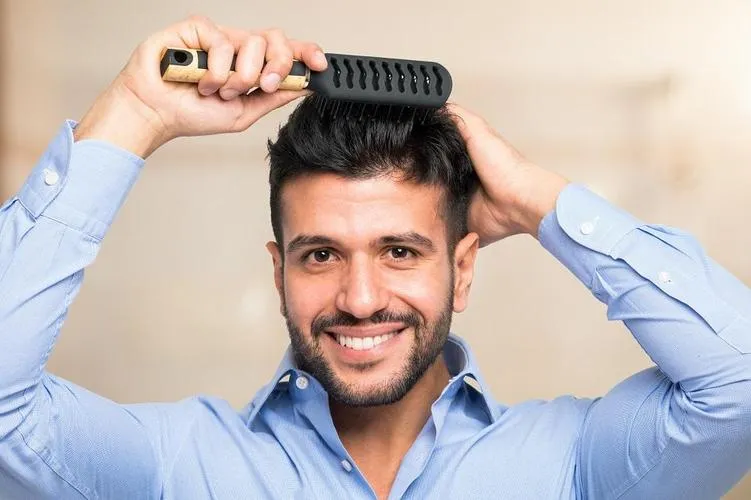What to expect when you're getting hair transplant: Procedure and outcome
September 28, 2022
The key to looking your best is to ensure that your skin, body and hair remain healthy. Several factors like genetics, hormonal imbalance, stress, certain medications, and illness can impact the health of your hair. Whether you are suffering from uncontrollable hair thinning or if you’re going bald, a hair transplant can help you get back fuller and gorgeous-looking hair.
What is a hair transplant?
Hair transplant is a surgical procedure that replaces the hair you already have, in the areas where you have thin or little hair. Hair transplant procedures have changed a lot since the 1950s, when this technique was introduced. Now there are two types of hair transplant methods: follicular unit extraction and follicular unit strip surgery. Let’s look into how these two procedures are done.
What do hair transplant procedures entail?
For both methods, the surgeon starts by thoroughly cleaning your scalp, and then injects a numbing medicine into the back of your head. With the follicular unit strip surgery method, 6 to 10 inches of skin strips are removed from the back of your head, and the sites are then sewn back closed. Upon closure, this area is hidden by the hair around it.
The surgeon then divides this into 500 to 2000 mini grabs, each containing just one or a few strands of hair. The type and number solely depend on your hair quality, type, size of the area and colour.
In case you’re opting for the follicular unit extraction procedure, the doctor removes hair follicles from the back of your scalp one by one. This area of the scalp gets dotted with tiny marks, which would be covered by your existing hair.
Once the grafts are prepared, the area of the hair transplant is thoroughly cleaned and injected with a numbing solution. Small slits or holes are then created using a needle or scalpel in each of which hair grafts are delicately placed. This process can take from 4 to 8 hours, depending on the size of your transplant.
What can you expect after the surgery?
After the surgical procedure, your scalp can feel tender. Pain medications are prescribed for a few days, and you would be instructed to wear bandages over the scalp for at least two days. You will be taking anti-inflammatory or antibiotic drugs as well.
After about 2 to 3 weeks from the procedure, the transplanted hair will fall out, and you will start to notice new hair growth within a few months. Most of the people experience up to 60% new hair growth in a span of 6 to 9 months.
Conclusion
To get natural-looking results, and to regain your confidence, hair transplant surgery is the way to go. The procedure starts with the surgeon removing healthy hair from your scalp, and replacing them in the areas with thinning or baldness. Apollo has a team of well experienced and professional hair transplant surgeons, who perform advanced surgeries to give you the best results.
For more details, request an appointment at Apollo Spectra Hospitals, Call 18605002244
After a hair transplant, you might experience certain side-effects like: Infection Bleeding Swelling of the scalp Lack of sensation or numbness in the areas of treatment Crust formation on and around the areas where your hair was implanted or removed Itchiness Temporary loss of transplanted hair Inflammation in the hair follicles
You can mostly see the results between 6 and 9 months after the surgery. For a few patients, it can even take up to 12 months. It is vital to know that within eight weeks of surgery, most of your transplanted hair will fall out, and then new hair will grow from those follicles.
Few medicines can be recommended by your dermatologist in order to get better results from your hair transplant. Thinning and hair loss can even continue after your transplant, and these medicines help control them or slow it down.
NOTICE BOARD
CONTACT US
CONTACT US
 Book Appointment
Book Appointment


.svg)
.svg)
.svg)
.svg)








